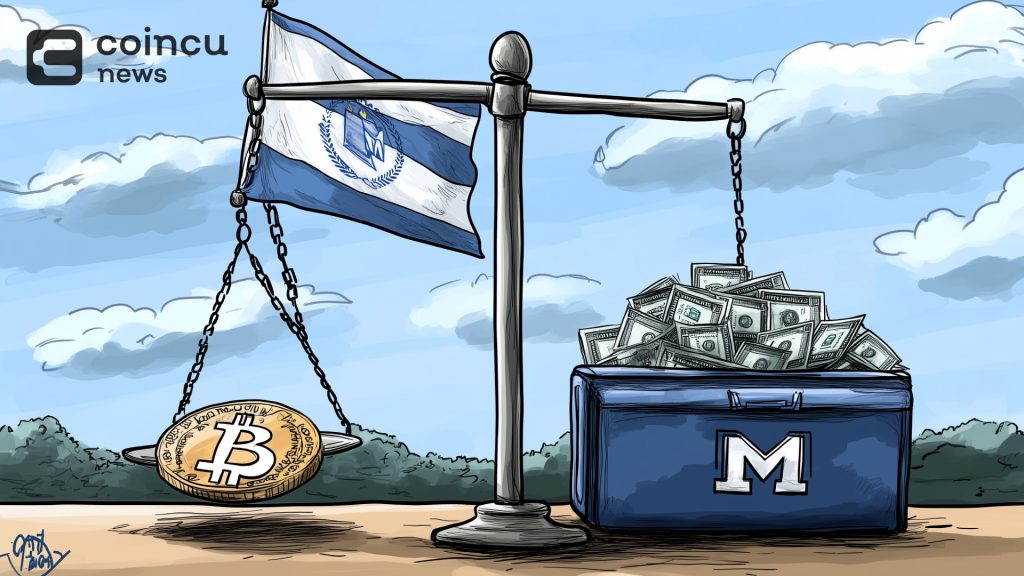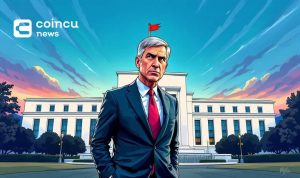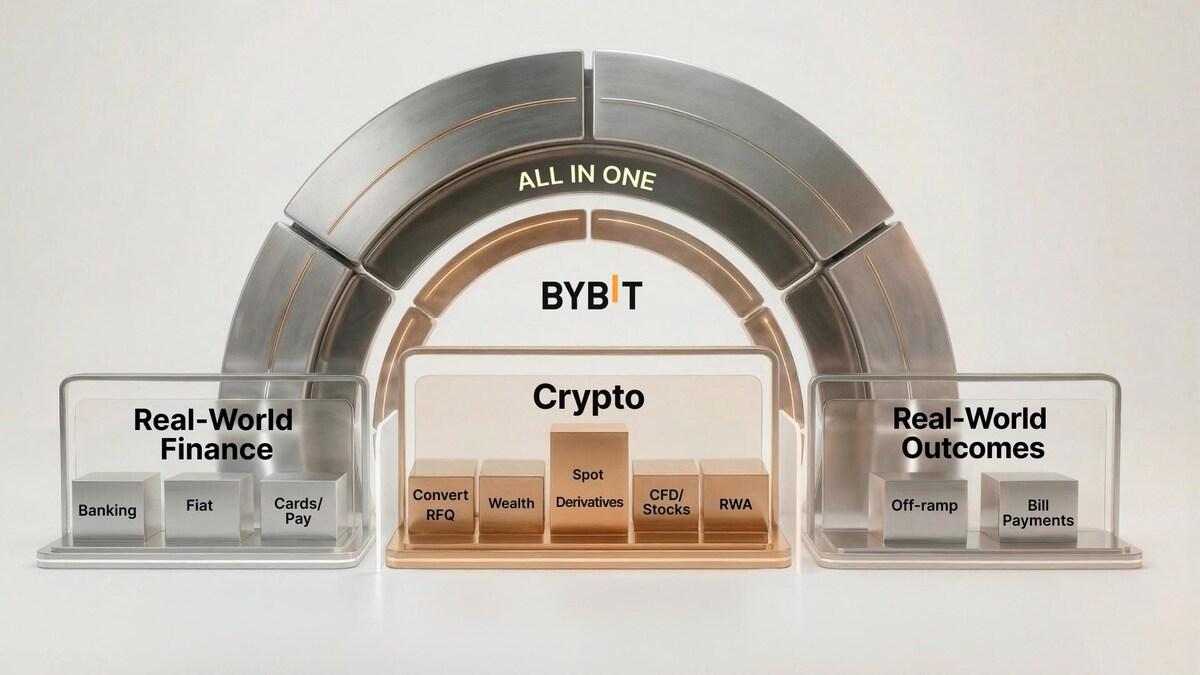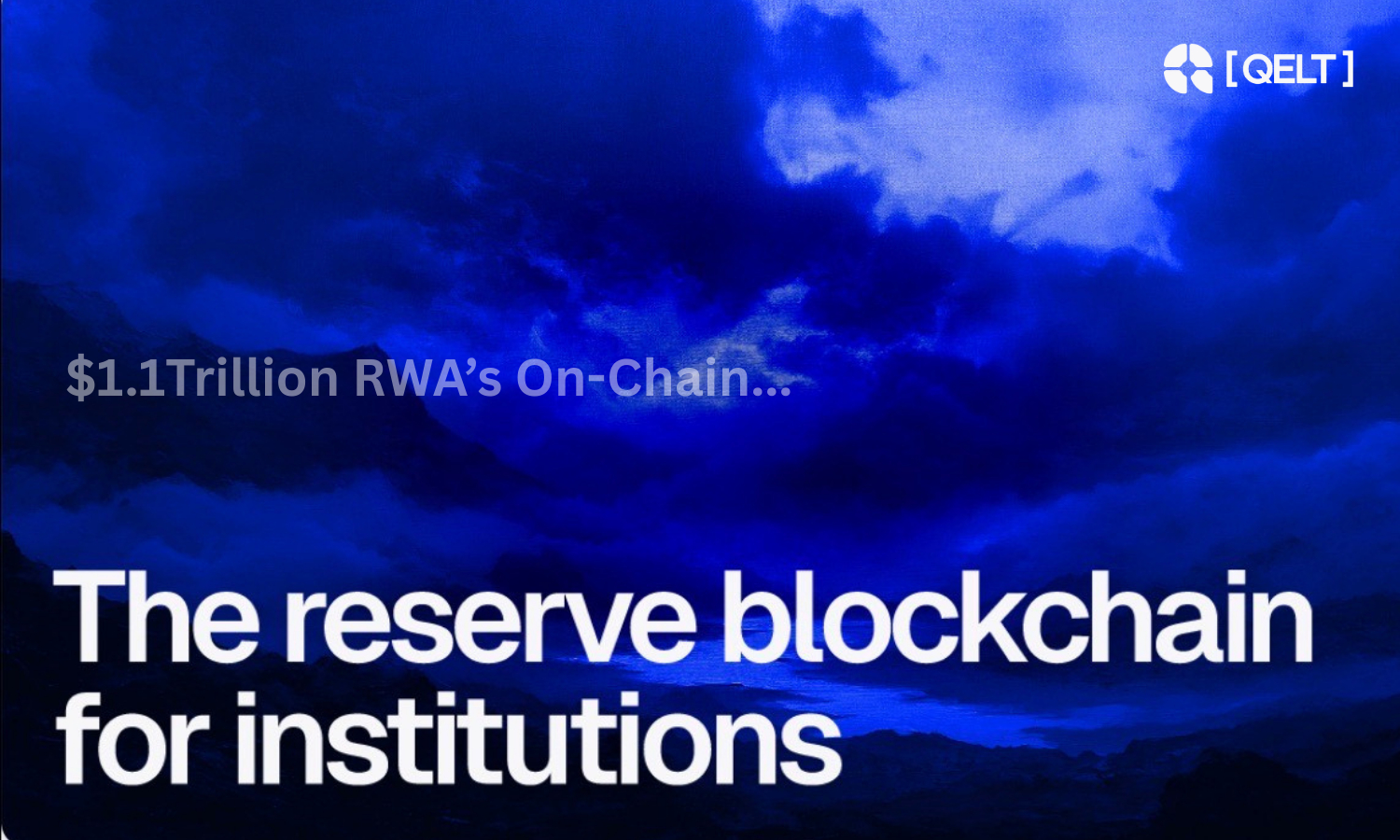Key Points:
- El Salvador might revise its Bitcoin policy to secure a $1.3 billion loan from the IMF.
- The IMF loan is contingent on El Salvador dropping Bitcoin as legal tender and reducing its public sector exposure to BTC.
El Salvador is revising its Bitcoin policy to secure a $1.3B loan from the IMF, which will help the nation regain global financial support and boost its economy.

El Salvador Adjusts Bitcoin Policy to Secure IMF Loan
El Salvador is nearing a deal with the International Monetary Fund (IMF) for a $1.3 billion loan within the next 2-3 weeks, according to Financial Times. An IMF delegation has arrived in San Salvador to finalize the agreement with President Nayib Bukele’s administration.
The agreement with the IMF would not only provide Central American country access to a $1.3 billion loan but also unlock an additional $1 billion from the World Bank (WB) and $1 billion from the Inter-American Development Bank (IDB) over the next few years.
However, in exchange for these financial lifelines, El Salvador must make significant policy adjustments, particularly regarding its Bitcoin strategy:
- Stop recognizing Bitcoin as legal tender.
- Narrow the scope of the Bitcoin Law and limit public sector exposure to BTC.
- Remove the requirement for businesses to accept Bitcoin, amending it to a voluntary “payment method.”
If approved by the IMF board, this loan package will signify the Central American country’s reentry into the global financial community after years of isolation following its adoption of Bitcoin as legal tender in September 2021.
Read more: MicroStrategy Bitcoin Purchase Expands Again With $2.1 Billion
Challenges of Bitcoin Adoption and IMF Concerns
El Salvador became the first country in the world to adopt Bitcoin (BTC) as legal tender on September 7, 2021. Since then, the Central American nation has persistently accumulated Bitcoin, even announcing a dollar-cost averaging (DCA) strategy by committing to buying 1 Bitcoin every day.
Despite these financial gains, the Central American country’s bold Bitcoin experiment has drawn scrutiny. The IMF, in particular, has consistently opposed Bitcoin’s use as legal tender, citing concerns over financial stability, money laundering risks, and extreme price volatility.
In addition to changes to the Bitcoin policy, the IMF has requested Central American countries to reduce their budget deficit through spending cuts or increased revenue. Meeting these requirements is seen as crucial for securing the loan and maintaining long-term economic stability.
El Salvador’s Financial Transformation Amid Bitcoin Policy Shift
Under President Nayib Bukele, the Central American country has experienced notable successes, including a sharp drop in crime rates thanks to aggressive crackdowns on violent gangs. These measures have bolstered Bukele’s popularity, enabling him to secure a second term with overwhelming support.
However, Bukele’s ambitious projects, such as the proposed “Bitcoin City” powered by geothermal energy, have yet to materialize. Most Salvadorans still prefer the U.S. dollar, the country’s other legal currency, for everyday transactions.
As the IMF deal nears completion, the Central American country aims to balance its Bitcoin ambitions with the financial stability required to unlock vital international funding. This pivot could bolster the country’s economic prospects and strengthen its financial position, signaling a new chapter in El Salvador’s journey as a pioneering Bitcoin adopter.
| DISCLAIMER: The information on this website is provided as general market commentary and does not constitute investment advice. We encourage you to do your own research before investing. |






















